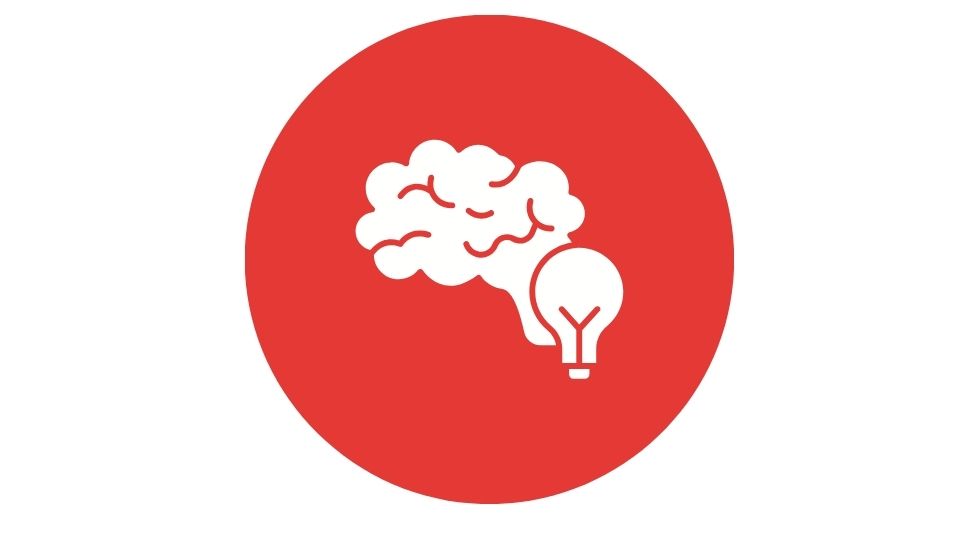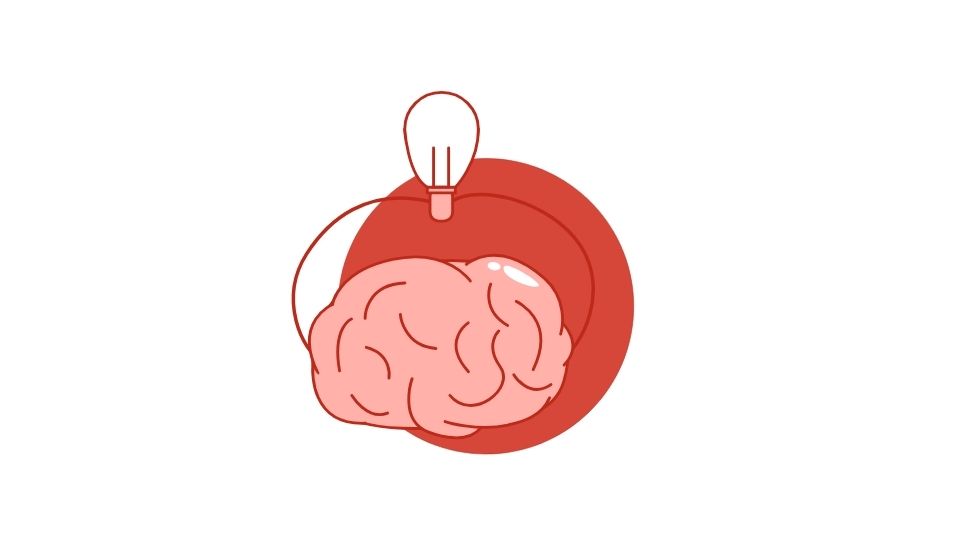How Travel Can Improve Your Mental Health

The mental health benefits of travel are MASSIVE (and science says so)
Ever noticed that “coming home from vacation” feeling? You know, that sense of renewal and perspective that washes over you when you’ve spent a few days away from your normal life?
Turns out, there’s actual science behind why travel makes your brain happy.
And I’m not talking about the Instagram-worthy photos or the bragging rights of visiting some exotic destination. I’m talking about legitimate, measurable improvements in your mental health.
So before you write off your next vacation as a “luxury” or “splurge,” let me walk you through what happens in your brain when you pack your bags and hit the road.
The Science Behind Travel and Mental Health
Let’s start with some numbers, because who doesn’t love cold, hard data?
A study from the University of East Anglia found that people who take vacations at least twice a year had a 30% lower risk of depression compared to those who rarely or never travel. That’s not a small difference!
Another study published in the journal Personality and Individual Differences reported that regular travelers showed higher self-esteem and life satisfaction than their stay-at-home counterparts.
Even the World Health Organization recognizes travel as beneficial for both physical and mental wellbeing. It’s not just about the fun – it’s about giving your brain the reset it desperately needs.
How Travel Reduces Stress and Makes You Happier

Ever wonder why you feel so good when you’re on vacation? It’s the dopamine – that delicious happiness hormone that floods your brain when you’re having fun and experiencing new things.
According to the Penn Foundation, vacations increase dopamine production, which not only elevates your mood but actually creates healthier brain chemistry.
But it’s not just about the happy chemicals. It’s also about what you’re getting away from.
Distance from work emails, household chores, and daily commutes dramatically reduces your chronic stress levels. This break from the usual stressors lowers your risk of heart disease and improves cardiovascular health.
The best part? You return with:
- Greater motivation
- Reduced burnout
- Improved productivity
- Better personal relationships
Even a short weekend getaway or a “staycation” can work wonders by breaking up monotony and giving your brain permission to relax.
Travel Makes You Mentally Stronger and More Emotionally Agile
Let’s be real – travel isn’t always smooth sailing. Flight delays, language barriers, getting lost… these things happen.
But here’s the secret: these challenges are actually good for you.
Every time you figure out how to navigate a foreign subway system or communicate with someone who doesn’t speak your language, you’re building resilience – that invaluable ability to adapt to adversity.
Travel also develops your emotional agility – the skill of recognizing and managing your emotions with flexibility and awareness. When you step out of your comfort zone into an unfamiliar place, you learn to control your reactions, which leads to increased confidence and emotional strength.
I once found myself completely lost in Tokyo with a dead phone battery and no map. Was it stressful? Absolutely. But figuring it out gave me a confidence boost that lasted long after my trip ended.
Your Brain on Travel: Creativity and Neuroplasticity

New environments are like fertilizer for your brain.
Every time you experience something new – a different cuisine, an unusual landscape, or a foreign language – your brain forms new neural connections. This is called neuroplasticity, and it’s the brain’s way of adapting and growing.
These new connections enhance your:
- Creativity
- Problem-solving abilities
- Cognitive flexibility
- Perspective-taking
That’s why people often have their best ideas while traveling. Your brain is literally thinking in new ways because it’s processing new information.
This cognitive boost isn’t just enjoyable – it also helps with emotional regulation and adapting to change in your everyday life back home.
Mindfulness and Wellness Tourism: The Ultimate Mental Reset
A growing trend in travel is wellness tourism – trips focused specifically on mental and physical wellbeing.
Destinations that specialize in mindfulness, nature therapy, and relaxation have exploded in popularity. Places like:
- Costa Rica’s rainforest retreats
- Japan’s forest bathing experiences (shinrin-yoku)
- India’s traditional yoga centers
These places offer powerful opportunities to disconnect from digital overload, immerse in nature, and engage in wellness rituals that have been proven to reduce symptoms of burnout and depression.
The key is the mindfulness these experiences encourage – slowing down, reconnecting with yourself, and practicing healthier lifestyle habits that you can take home with you.
Travel Boosts Your Social Battery and Empathy

One of the most underrated benefits of travel is how it expands your social world.
Meeting new people and experiencing different cultures nurtures empathy and enhances your social skills. These interactions help you:
- Broaden your horizons
- Appreciate diversity
- Reduce prejudices
- Develop a sense of global belonging
The social bonds formed during travel have protective effects on mental health. Human connection is fundamental to psychological resilience, and travel provides unique opportunities to form meaningful connections outside your usual social circles.
I still keep in touch with people I met while traveling five years ago, and those friendships have enriched my life in ways I never expected.
How to Make Your Travel Actually Benefit Your Mental Health
Not all travel experiences are created equal when it comes to mental health benefits.
While the immediate stress-reducing effects of travel are real, they can fade quickly once you return to your routine. But there are ways to maximize and extend those benefits:
- Strategic planning: Choose less crowded destinations and times to reduce travel stress
- Active participation: Hiking, exploring, or wellness practices deliver more benefits than passive tourism
- Maintain some routine: Keep some elements of your healthy home routine (like morning walks) while traveling
- Immersive experiences: Engage deeply with the local culture rather than just checking off tourist spots
The most psychologically beneficial travel tends to be immersive, mindful, and varied.
The Bottom Line: Travel Is Mental Health Medicine

Travel offers a powerful, multifaceted boost to mental health by:
- Reducing depression and anxiety risks through breaks from daily stressors
- Enhancing mood and happiness via increased dopamine and joy of exploration
- Building resilience by overcoming travel challenges and cultivating flexibility
- Stimulating cognitive function through exposure to new cultures and experiences
- Promoting mindfulness in environments that counteract burnout
- Encouraging social connection, vital for emotional health
Even if you can’t jet off to Bali tomorrow, incorporating small trips into your life – weekend getaways, day trips to neighboring towns, or even exploring new neighborhoods in your own city – can deliver meaningful mental health benefits.
The science is clear: travel isn’t just fun, it’s actually good for your brain.
So maybe that vacation you’ve been putting off isn’t just a luxury – it might be exactly what your mental health needs.







